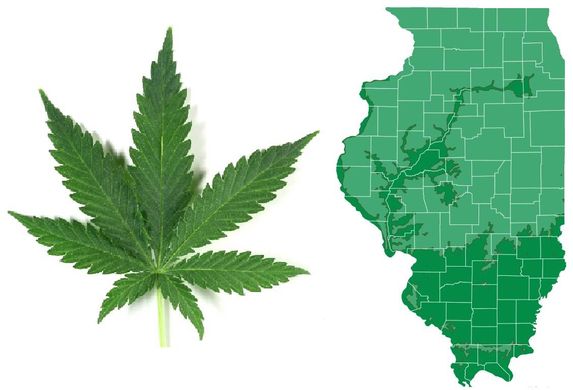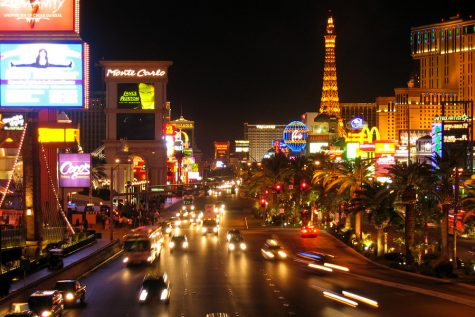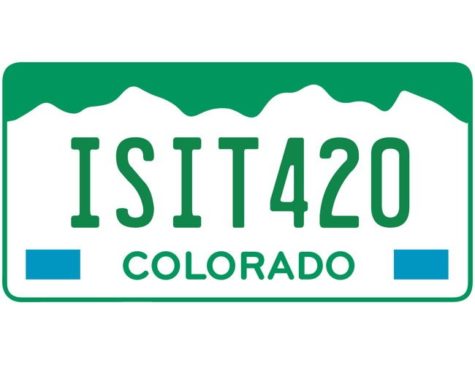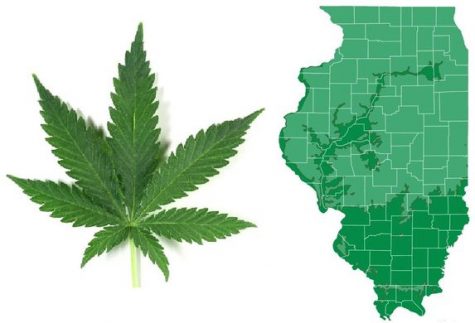Fault with Illinois cannabis law could mean delays in reaping tax revenue

Illinois’ cannabis law is flawed, according to lawmakers. The state, which legalized the plant for recreational use and sale on May 31, 2019, could be left scraping for profit if the glitch isn’t straightened out soon.
Following the passing of the Illinois Cannabis Regulation and Tax Act by the Illinois General Assembly, regulations were drawn up for the State’s legal weed industry. It was on June 25, 2019, that governor J.B. Pritzker signed Illinois’ recreational cannabis law into effect. Sales are set to launch in January 2020.
However, the delay in receiving cannabis tax revenue may last for nine months or more due to a drafting error in the municipal cannabis retailers’ occupation tax (MCROT).
Cannabis tax revenue can greatly benefit states that have legalized weed, but Illinois’ counties and towns could be delayed in receiving their share of the money.
Unless changes are made to the cannabis law in Illinois, municipalities won’t be able to collect taxes until September 1, 2020. MCROT was an integral facet of H.B. 1438, which saw Illinois become the 11th U.S. state to legalize adult-use cannabis.
Lawmakers statewide are now trying to encourage the enactment of local tax ordinances before the deadline on October 1. Approval would mean that they gain taxing authority as soon as the state’s cannabis industry launches in January.
Municipal leaders want to amend Illinois’ cannabis law by January 1
Unless Illinois’ cannabis law is amended, municipal leaders will be restricted in their efforts to turn over a healthy share of tax revenue. If this happens, tax participants in Illinois’ cannabis industry will miss out on the influx of revenue that is sure to transpire once sales go live in January.
MCROT schemes are being established by municipal leaders in an attempt to encourage lawmakers to allow tax collections beginning the first day of sales. Municipal leaders will also be pushing Illinois’ cannabis law amendment under the noses of lobby legislators at the forthcoming General Assembly veto session; stretching over six days, beginning on October 28.
“This could be an issue that is raised for clarification in follow up legislation this fall,” said the executive director of the Illinois Municipal League (IML), Brad Cole.
Although rules to overthrow existing restrictions on tax collections for Illinois’ cannabis industry are being hashed out quickly, it is still uncertain as to what the outcome of their pleads will be.
If amendments to Illinois’ cannabis law are overlooked by the State, there is a concern that excessive local tax rates may dip into sales profits.
State could bring in $1 billion in tax revenue if Illinois cannabis law is amended
Within the first five years of legalization, the state initially predicted that Illinois’ cannabis industry would earn over $1 billion in revenue. Now, with tax issues cropping up, customers may be deterred from paying expensive tax rates and sales revenue may suffer.
Under the terms of Illinois’ cannabis law, towns, cities, and villages can add MCROT to all recreational cannabis purchases, so long as they are state-authorized and the rate does not exceed three percent of the total purchase price.
Well, that’s the rate in incorporated areas. For businesses located in unincorporated areas, a cannabis tax rate of 3.75 percent is imposed.
The administration and collection of taxes are dealt with by the Illinois Department of Revenue. Payments are also remitted to municipalities by the Department.
According to the department, cannabis tax revenue in Illinois will top $140.5 million for the fiscal year 2021, $253.5 million in FY 2022, $323.5 million in FY 2023, and $375.5 million in FY 2024.
“Proceed with extreme caution and avoid immediately taxing to the cap,” advise lawmakers.











